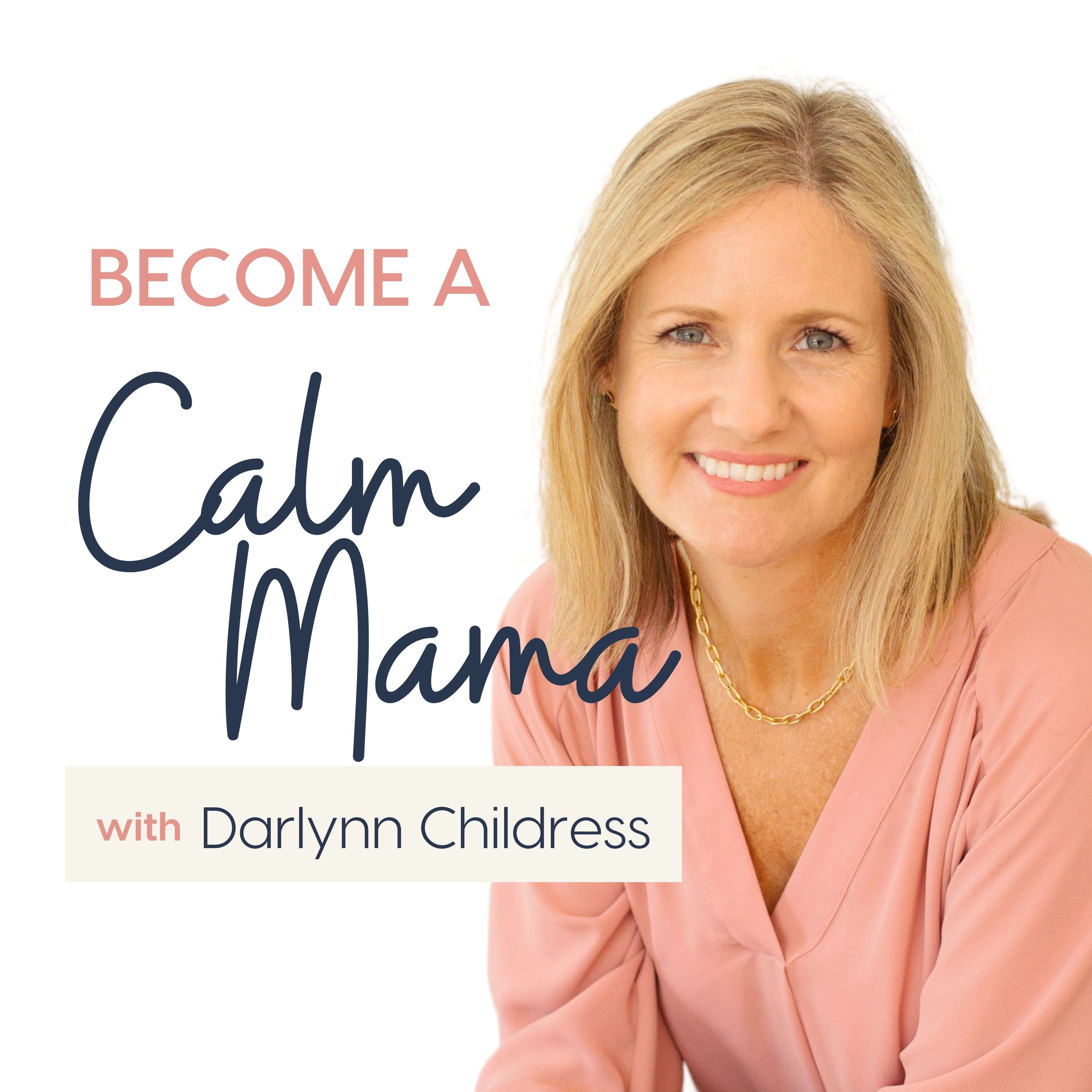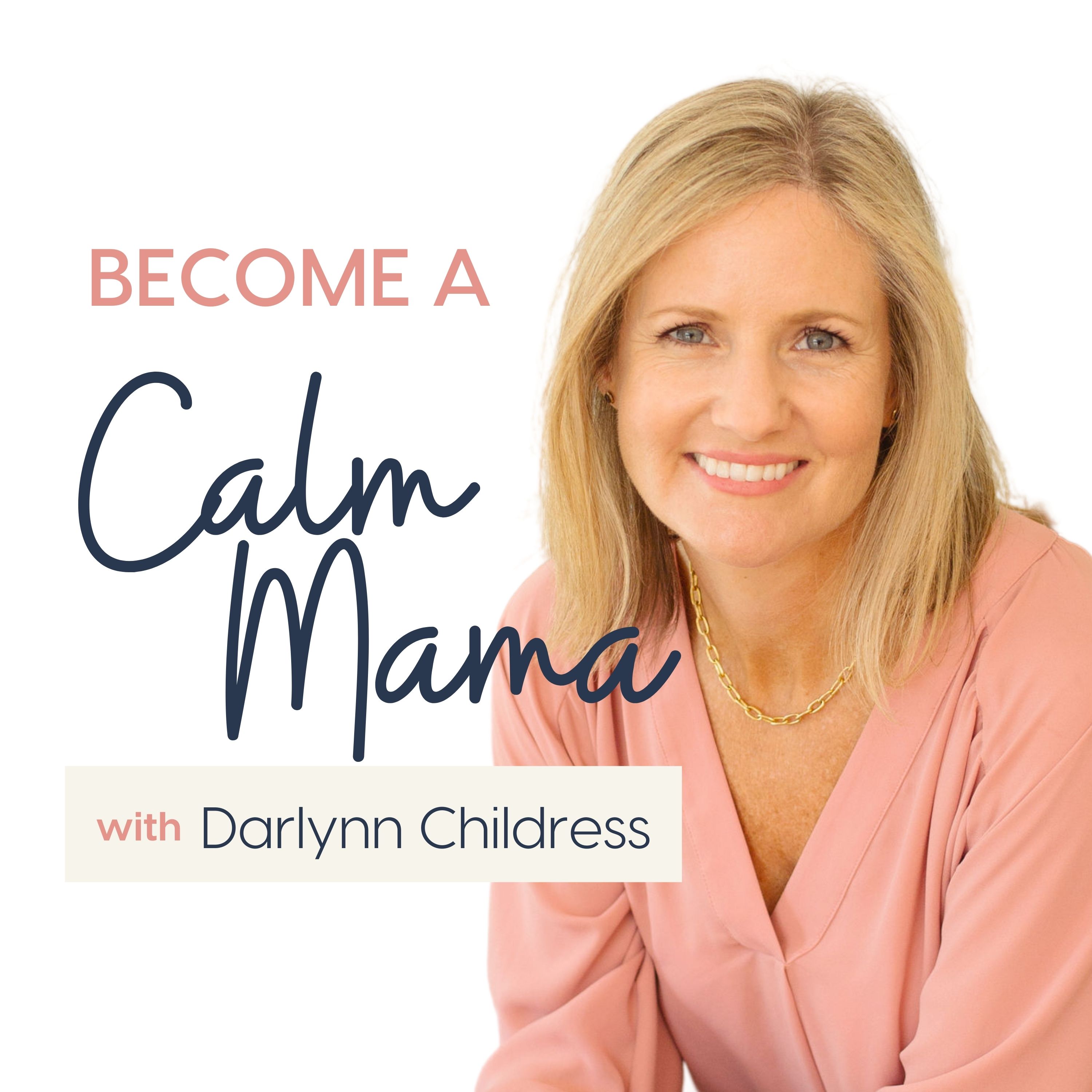
এই ভিডিওটি +18 এর কম দর্শকদের জন্য বয়স সীমাবদ্ধ৷
একটি অ্যাকাউন্ট তৈরি করুন বা আপনার বয়স নিশ্চিত করতে লগইন করুন।
Compassion Is Not The Same As Permission
There is a trend in families right now to be more compassionate with their kids. I love it. But compassion is not the same as permission. There’s a big difference, and the two approaches create different results. In this episode I’ll explain the difference between compassion and permission in parenting, why you might find yourself slipping into permissive parenting and how to get out of that pattern. Benefits of CompassionBehavior is driven by emotion. When your kid misbehaves, they are acting out something that they’re feeling inside. There are lots of ways to cope with our feelings, and some of them harm others or ourselves. These harmful coping strategies happen when a person is uncomfortable and doesn’t know what to do with their feelings. They don’t know how to process them in a healthy, safe way.When we experience and show compassion, we recognize how someone else is feeling and acknowledge that their feeling is valid. I believe deeply that we can give our kids the tools of emotional health by helping them name their feelings. When we show up with compassion, we let our kids know that we understand their feelings and help them figure out what to do with them.
Why Permissive Parenting HappensWith this trend toward compassion, we’re also seeing a lot of parents who aren’t setting boundaries or following through with any sort of consequences. This is when we cross the line into permissive parenting. Often, this happens because parents are simply confused and don’t know what to DO. They get through the feelings part, but then what? They don’t know how to set limits while still validating feelings. They’re not sure how to deliver consequences without shaming their kids. You might also feel like you’re being mean for following through on consequences or feel overwhelmed by your kid’s discomfort. Maybe you don’t know how to handle their big feelings. Many moms in our society hold themselves to extremely high standards that don’t leave room for you to emotionally regulate yourself, which leads to reactivity in your parenting.Or you might find yourself giving in because you just want things to feel easier in this moment. But rescuing is a short-term solution, and solving your kid’s problems for them ends up hurting them in the long run. If you see yourself in these scenarios, you are not alone! There are strategies you can learn to regulate your own emotions, connect with your child, set clear limits and follow through on consequences without shame and blame.
How to Parent With Compassion and BoundariesThe antidote to permissive parenting is validating the feelings, not the behavior.The approach I teach is a feelings-first model, but it is not feelings-only. We address feelings first and behavior second.When a behavior arises, approach it from a place of curiosity. How is the child feeling? What feeling is driving this behavior?Narrate what you see, guess at the emotion behind it and validate their feelings. This is where parents often stop with gentle parenting, but the work isn’t done yet.Next, you talk to your kid about the impact of the behavior and what they can do to make things right (aka consequences).When there are no consequences, kids don’t feel personally responsible for their own behavior.The truth is that letting your kid feel the impact of their actions is a good thing. We want our kids to be emotionally healthy AND we want them to be personally responsible and to understand that their behavior has an impact. Our kids need to learn to deal with their feelings, recognize that their behavior has an impact on others, and make things right when they make a mistake.Through this process, they develop a strong self-concept and know that when they make a mistake, they can fix it. As compassionate parents, we're gonna validate th

